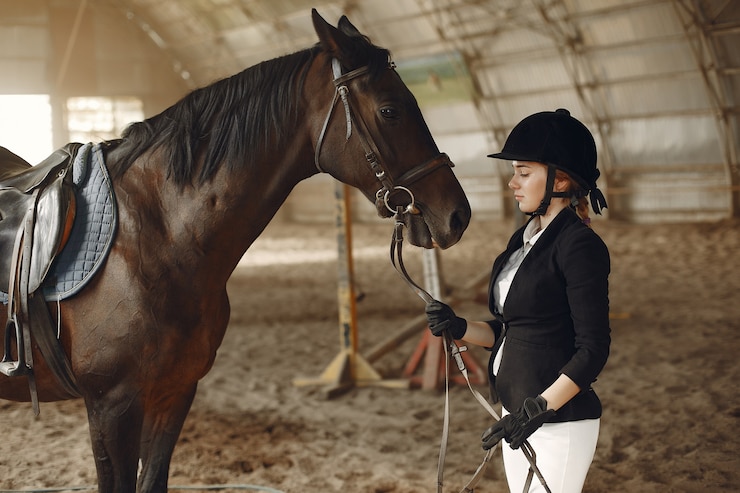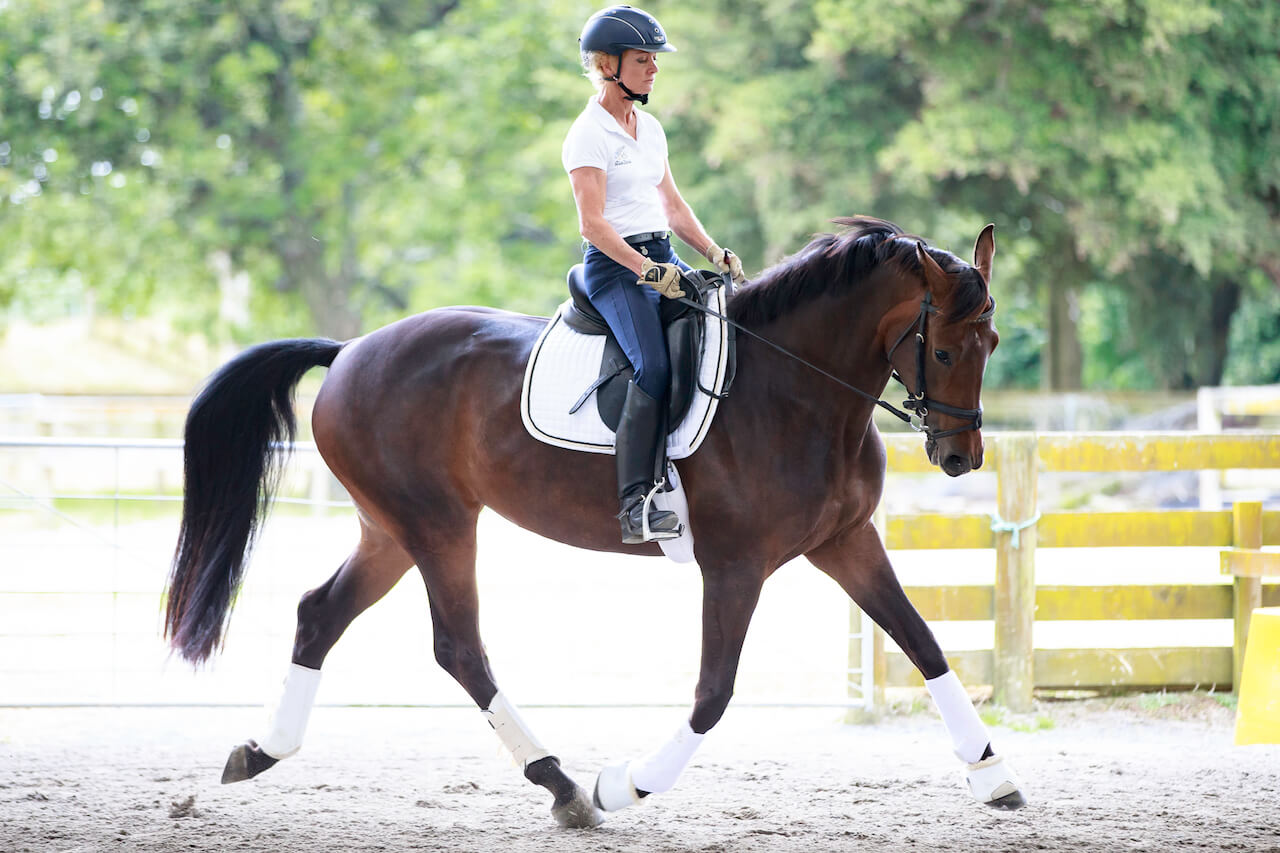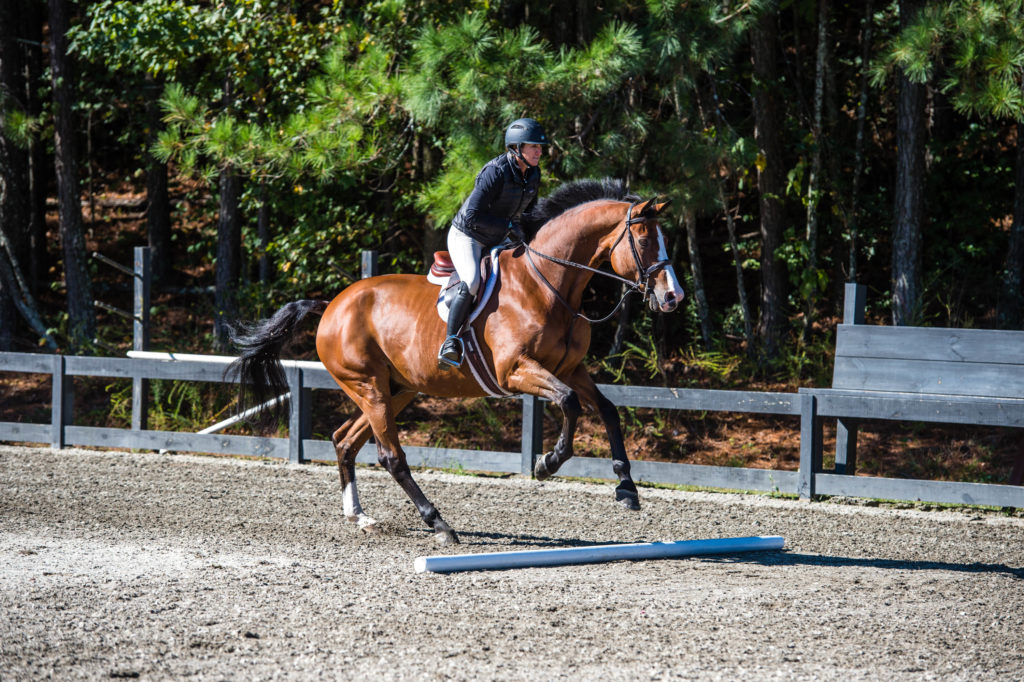Training a horse is a rewarding journey, but it’s not without its challenges. Understanding the horse training mistakes to avoid can help you build a strong, trusting relationship with your equine partner. Whether you’re a beginner or an experienced horse enthusiast, avoiding common pitfalls is crucial to ensuring a successful training experience.

Why Avoiding Mistakes is Important
Horses are intelligent and sensitive creatures. They respond to consistent and empathetic handling. Mistakes in training can lead to confusion, frustration, and even behavioral problems. Recognizing and avoiding these mistakes can make the training process smoother and more enjoyable for both you and your horse.
Understanding Your Horse’s Nature
Before diving into training, it’s essential to understand your horse’s natural instincts and behaviors. Horses are prey animals with a strong flight response. Knowing this can help you approach training with patience and empathy.
Building Trust and Communication
Trust is the foundation of any successful relationship, including that between you and your horse. Establishing clear communication is key. Always be consistent with your signals and commands to avoid confusion.
Setting Realistic Goals
One of the most common horse training mistakes is setting unrealistic goals. It’s important to have patience and allow your horse time to learn and adapt at its own pace. Pushing too hard can lead to stress and setbacks.
Common Mistakes to Avoid
Ignoring the Basics
Before tackling advanced maneuvers, ensure your horse is comfortable with basic commands. Neglecting foundational skills can hinder progress and lead to frustration.
Inconsistent Training Schedule
Consistency is crucial in training. An regular schedule helps reinforce learning and build habits. Irregular training can confuse your horse and slow progress.
Overlooking Physical Health
A horse’s physical condition greatly impacts its ability to learn. Ensure your horse is healthy and fit for training. Regular check-ups and proper nutrition are vital.
Using Harsh Training Methods
Harsh or aggressive training techniques can damage the bond between you and your horse. Positive reinforcement and gentle guidance are more effective and foster a trusting relationship.
Advanced Training Considerations
Adapting to Your Horse’s Learning Style
Just like humans, horses have unique learning styles. Some respond well to visual cues, while others prefer verbal commands. Adapt your approach to suit your horse’s preferences.
Seeking Professional Guidance
If you’re struggling with training, consider seeking help from a professional trainer. They can provide valuable insights and techniques tailored to your horse’s needs.
Continuing Education
Horse training is an ongoing process. Stay informed and continue learning about new training methods and techniques. This will help you enhance your skills and improve your horse’s performance.
Resources for Successful Horse Training
For more detailed guidance, consider exploring resources like Training a Young Horse to gain insights from experienced trainers.
Additionally, visit Horsefulness Training for expert tips and advice on improving your training techniques.
Choosing the Right Products
Utilizing quality products can aid in training success. For instance, using the best horse shampoo can improve your horse’s comfort during grooming and handling.
Join Equestrian Communities
Connecting with other horse enthusiasts can be a valuable source of support and advice. Online forums and local clubs can provide a wealth of shared experiences and solutions.

FAQs
What are the most common horse training mistakes?
Common mistakes include inconsistent training, neglecting basic skills, and using harsh methods.
How can I improve my horse’s training experience?
Focus on building trust, setting realistic goals, and maintaining a consistent schedule.
Are professional trainers worth consulting?
Yes, professional trainers can offer personalized guidance and help address specific challenges.
This article contains affiliate links. We may earn a commission at no extra cost to you.








